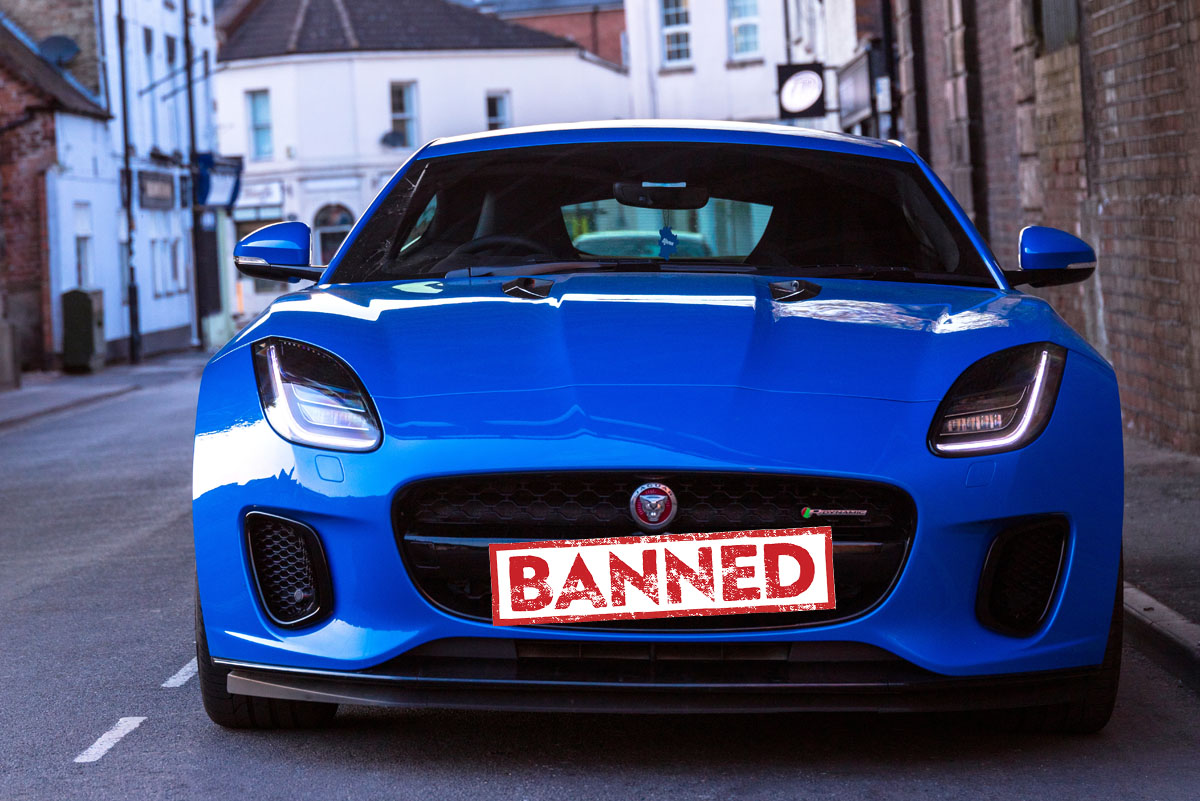https://www.rightreg.co.ukPrivate number plates have always been a way for car owners to express their personality, convey a message, or simply stand out on the road. However, not all combinations of letters and numbers are welcome. Every year, the Driver and Vehicle Licensing Agency (DVLA) reviews potential new number plates to ensure they are appropriate for public display. In 2024, a selection of 74 plates were deemed too rude or offensive and subsequently banned from being registered. But what led to this decision, and why are certain plates considered too controversial for the roads?
The Importance of Number Plate Regulation
The UK has a long history of regulating number plates to maintain decency and prevent potential offense. The DVLA reviews thousands of potential combinations each year, with a dedicated team that filters out any plates that could be seen as inappropriate. This process is not just about avoiding obvious swear words; it also considers slang, abbreviations, and phonetic resemblances that might slip through unnoticed.
Why 74 Plates? The Context Behind the Ban
In 2024, the introduction of new plates with the "74" sequence brought forward several combinations that, when read in a certain way, spelled out words or phrases that could be offensive. The number "7" can often resemble a "T," and "4" can be seen as an "A," creating the potential for these seemingly innocent digits to form problematic words when combined with certain letters.
Examples of Banned Plates
While the DVLA does not publicly release the full list of banned plates, some of the combinations that were rejected include those that might represent sexual references, rude words, or discriminatory language. For instance, combinations like "AN74 GER" (which could be read as "ANAGER") or "BA74 ARD" (which could be interpreted as "BASTARD") are clear examples of plates that did not pass the DVLA’s decency test.
The Appeal of Controversial Plates
Despite the strict regulations, the demand for edgy or humorous private plates remains high. For some, owning a plate that pushes the boundaries is a form of rebellion or a way to gain attention. The appeal lies in the cleverness of the wordplay and the subtlety with which a rude word or phrase can be hidden in plain sight.
The Consequences of Owning a Banned Plate
If someone attempts to register a plate that has been banned by the DVLA, they will simply be denied. However, there are cases where plates slip through the cracks, and if they are later deemed offensive, the owner may be required to surrender the plate. Failure to do so can result in fines or other legal actions.
How Does the DVLA Decide What’s Offensive?
The process of deciding what is offensive is somewhat subjective. The DVLA takes into account public opinion, cultural sensitivities, and the potential for a plate to cause offense in various contexts. They also consult with linguists and experts in language to catch any obscure or less obvious references.
The Role of Technology in Screening Plates
With the advent of artificial intelligence and advanced algorithms, the DVLA has enhanced its ability to screen plates. Technology now plays a crucial role in detecting potentially offensive combinations more efficiently and accurately, reducing the chances of inappropriate plates making it onto the roads.
The Future of Number Plate Regulation
As language evolves and new slang terms emerge, the DVLA will continue to face challenges in keeping up with what is considered offensive. The agency will likely need to update its screening processes regularly to stay ahead of trends and ensure that no inappropriate plates slip through.
Conclusion
The banning of 74 private number plates in 2024 highlights the ongoing challenge of balancing personal expression with public decency. While the idea of owning a cheeky or humorous plate might be appealing to some, it's essential to remember that these plates are seen by everyone on the road. The DVLA's role in maintaining a standard of decency is crucial in ensuring that the roads remain a place of respect for all drivers.


